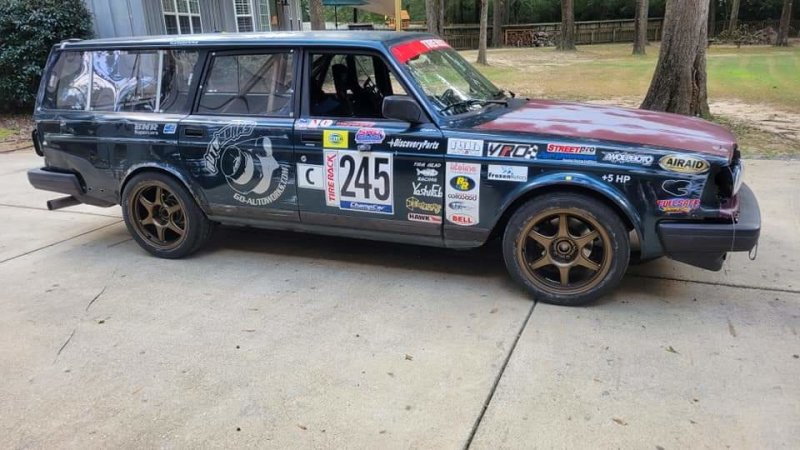dbarton
Dejected by Volvo Corp.
- Joined
- Nov 17, 2002
- Location
- Prosper, TX
The R calipers shift the bias drastically to the front when using a stock MC, and you get a squishy pedal. They work, but it is not what I would want for a track day car.
I don't know how many people have done this over the last 18 years, but I think a LOT. I've received a lot of emails about results. Not all are perfect and there are many variables with people trying different master cylinders, removing or not removing rear reduction valves, different vacuum boosters (yes, this makes a difference too), and some with new plumbing and some with a Wilwood proportioning valve. My result with a stock MC was a perfect, firm pedal. I don't know why you got a mushy one, but I don't think it was a related to the R calipers. The R calipers only have 11% more piston area that stock 240 calipers, so any thought of a "drastic" shift in bias is BS. The primary performance change (or bias change) is from the leverage of the larger rotor. This can be managed other ways as I show in my page.

